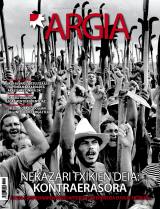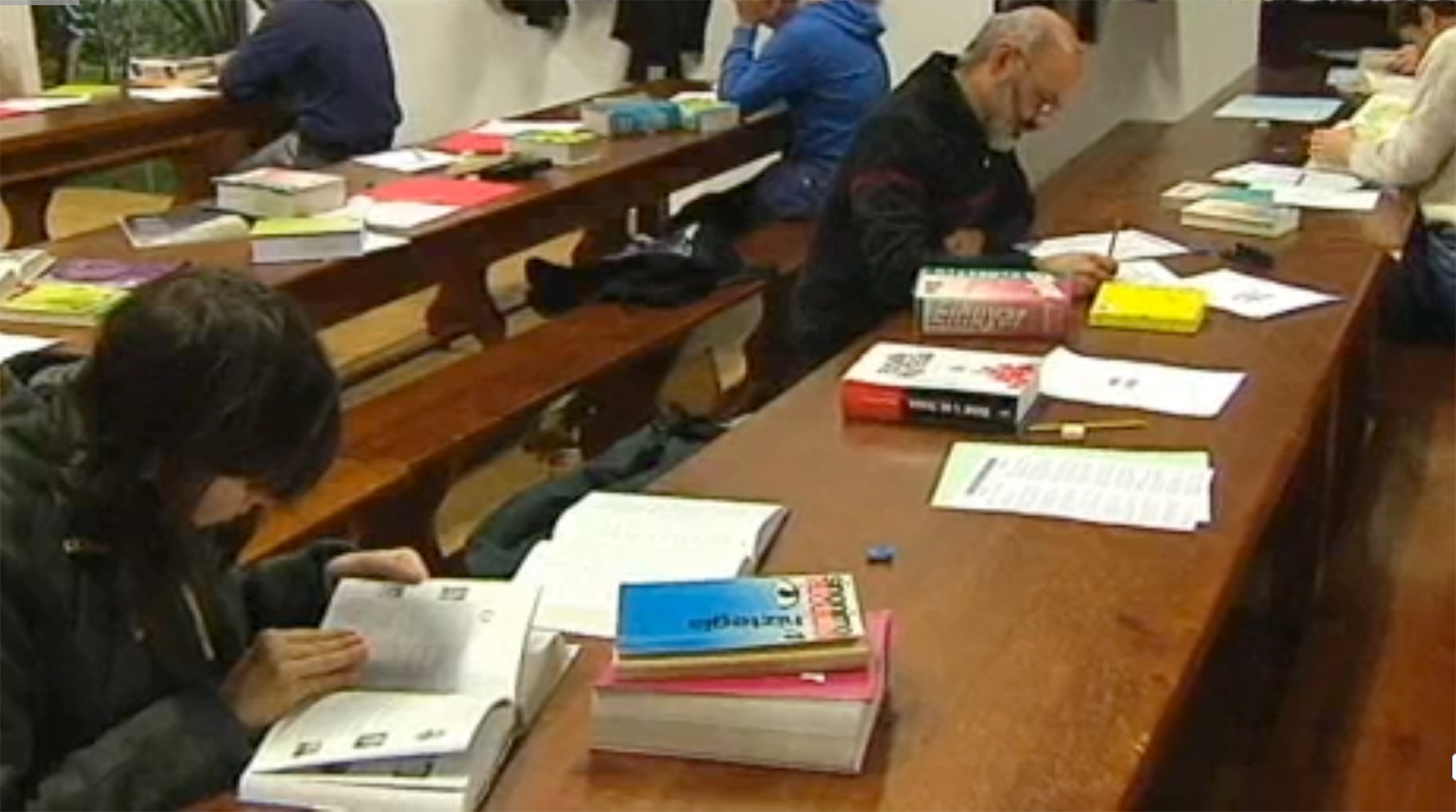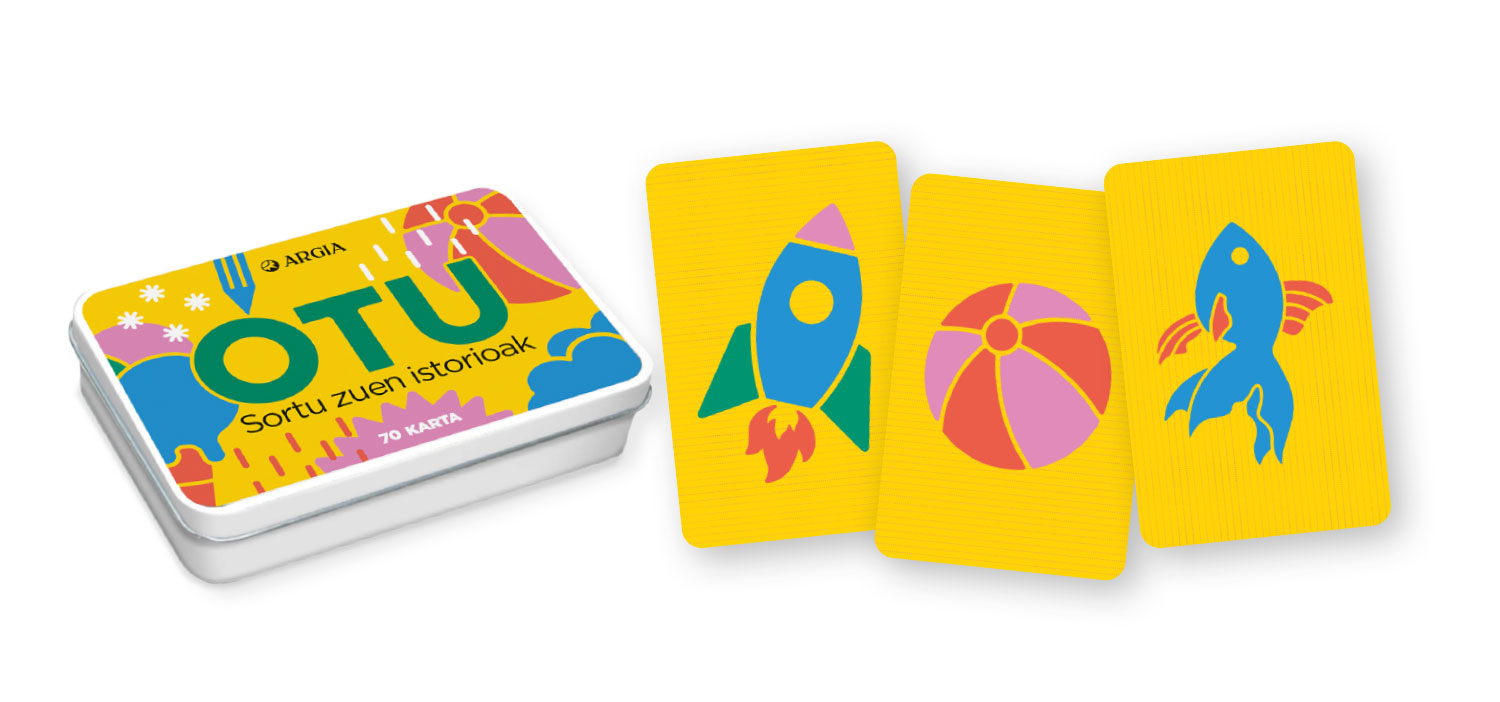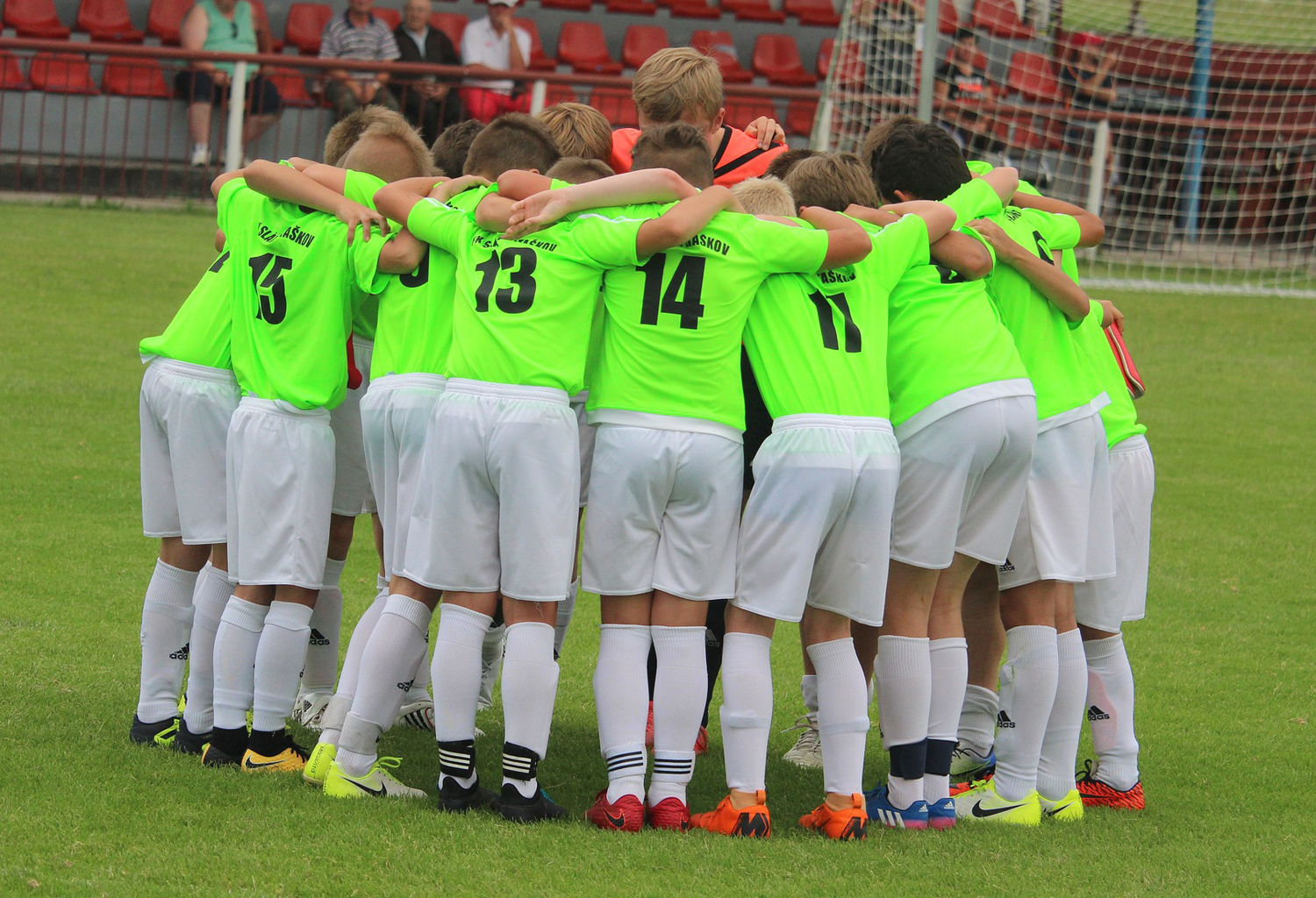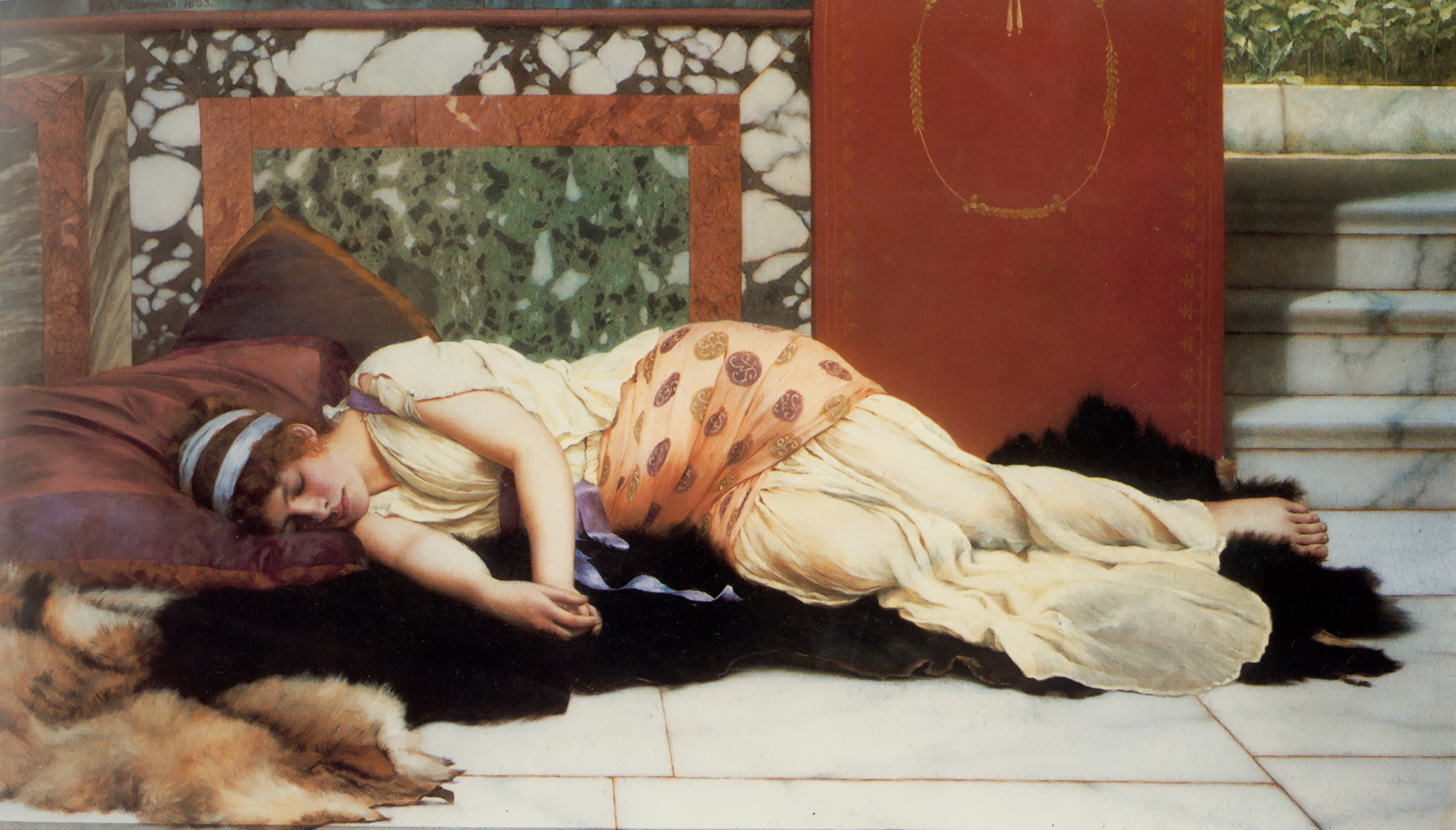Youth Facilitating the Path to Migrant Children
- SOS Racism carried out the Urretxindorra project for the third year: 28 young people have spent three hours a week voluntarily, sharing their free time with a child from 10 to 14 years of foreign origin. Loira Manzani, a member of SOS Racism, told us that it helps to alleviate the “backpack” of the child living the migratory process, and we have been stressed that “the project is a reflection of the bilateral benefit” of volunteers Aitor Martín Camerón and Oihana Bellido Sesma. His words have helped us to make visible the experiences of many children of our peoples.
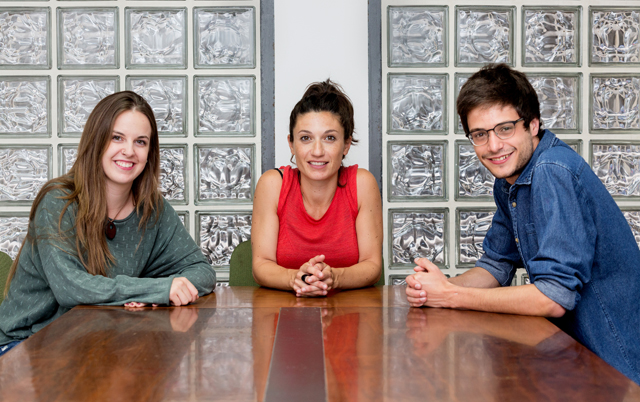
Manzani explained that the Catalan project Ruiseñor “has been copied and adapted to the situation here”. The objective is to give this opportunity to the children who will be well served by the reference of a young man older than him at a time of his life: “There are children who have to learn to manage and express their emotions, there are people who have difficulty relating socially, there are people who have just arrived and therefore do not know the environment…”. Manzani has explained that this type of needs may have any child, but that in the Urretxindorra project they have focused on children of migrant origin, since it is a project of the association SOS Racism, on the one hand, and because there are backpacks associated with the migrant situation, on the other: “The experience of many boys and girls is that they separated from their parents in the village of origin, as the parents came here for work. A few years later they reunite here, in the middle of adolescence, leaving in their hometown their friends and adults referents until then”. Aitor Martín Camerón, a young man from Tudela who has dedicated himself to voluntary mentorship with a 14-year-old child in Honduras, tells us about the migratory mourning: “The decision to come has been made by her parents and for a year and a half she was without her mother, because her mother was here working and earning money to bring her. This has consequences for the child. The tutors and tutors are at your side in the process of adapting to the change of situation that the decision made against your will has brought”.

Tutor: young and non-institutional referent
It is said that all the partners involved for the first time in the Urretxindorra project find it difficult to understand the role of mentors; parents, children and guardians themselves. Martín Cameron stressed that the relationship between the tutor and the child is based on “that it is personal, it is nothing institutional. We have become friends and a figure on a daily basis outside the institutions my son needed, since most of the resources he had until then were provided by the institutions”. Manzani explained that young tutors are specifically chosen, “because the objective is that this reference person is not the adult who identifies children with their parents or teachers. Let the children see that within a few years that mentor person will be that.” The young Donostiarra Oihana Bellido Sesma has reaffirmed that she has maintained a friendship relationship with the Bolivian 9-year-old: “I, a little older, and thanks to the closeness, have trusted to tell their problems.” Manzani has explained that to be a mentor you do not need special training, “what we ask is empathy and motivation.” It indicates that the role of the tutor is limited but fruitful: “Be next to you for these three hours a week, ensuring that this leisure time is educational and constructive. And to have confidence among them, that the child feels comfortable with the mentor to count or propose whatever they want. So far. Trying to solve these problems is not characteristic of the mentor. The basis is to have a good time, and that's not a little for boys and girls who live in a difficult situation. Let a young man ask what he wants to do and look for it, it’s a lot!”
To help you feel here
Each couple has decided how to organize these three hours and what to do during that time. SOS Racism has organised activities aimed at all the members of the Urretxindorra project, with the participation of those who wanted it. Martín Cameron has reported that they have taken advantage of many of these activities, “because we were very comfortable with other mentors and children. So we met with children born abroad, and that really opens up the concept of territoriality, and we've taken advantage of the project to learn a lot. And on the other hand, my son had the opportunity to meet other mentors, to have more references from natives.”
Both Martín Cameron and Bellido Sesma have stressed that with the Urretxindorra project these children have known more city, culture and language. They attach great importance to maintaining their original culture, while the tutors try to make a space to the one here. Martín Cameron explained that “my son came two years ago, at 12, and already knew San Sebastian very well physically, but he did not approach the way of living and cultural events here. I knew the Olentzero or San Sebastian Day, but I didn't live them. It's not that I don't want to get close to these acts, but I did have the feeling that I didn't feel part of them. I was aware that it was from another place. I have tried to cross that wall, from the moment it is here, transmitting that it is also from here.”
In the Urretxindorra project, they try to strengthen the relationship of boys and girls with the Basque country. Some children have a negative attitude towards Euskera; Manzani has spoken to their feelings: “They live the Basque language as a language of school and academy, as an element that does not allow them to reach where other children arrive. Our goal is to break this emotional barrier towards the Basque Country, which they value, and which they see that the Basque language is also the language of love, friendship, everyday life...”. Martín Cameron's child did not have a negative attitude towards the Basque country, but he did not have the ability to speak either. One day they went to Orio to realize that Euskera is the usual language of communication in this locality, and Martín Cameron's simple objective was that every week the child asked for a colacao in Euskera in the cafeteria. The child of Bellido Sesma had more capacity, and they've gone to watch movies in Basque, they've played games also in Basque... A tutor or tutor has taken the girl to her family to show her that the Basque is also a home language, or has taught her that she speaks Basque with the crew...

Contact the centre
SOS Racism explains the project to schools and the center selects the children to whom participation will come. These selected children, and if parents so wish, start participating in the Urretxindorra project. Manzani has pointed out that “we make it clear to everyone that it is not an academic activity, that it is not a matter of improving school results... but that the school should also value non-academic content and that sometimes emotional, relational and personal circumstances influence the academic results. Schools see that children are better, more open, with better relationships... Basically, they are improved in self-esteem and sometimes that influences the academic outcome, as many of these boys and girls are not in school.”
A project that grows tailor-made
The Urretxindorra project was launched three courses in Donostia-San Sebastián and Errenteria through seven couples. In the following year, 14 couples were joined by Hernani. So far this year, the number of couples has increased by 28 in the three municipalities. For the next course, SOS Racism has the opportunity to reach 35 couples, and in addition to these three municipalities, extend to Lasarte, Tolosa and Urnieta. But according to Manzani, the quantities must also be monitored: “It is evident that we are responding to a real need, but it is clear that the objective is not to increase the project quantitatively. We have had to say no to some centres because we are talking about interpersonal relations and relations must be looked after. You can’t create a lot of couples if you don’t have time to work out the problems that arise in those relationships.”
How to register as a tutor
Until September, the period of enrollment as a tutor is open for the next course. You can call 943 321811 or write to urretxindorraproiektua@gmail.com. They prioritize the knowledge of Euskera.
At Christmas we went on holiday with our friends to Trieste (in Slovenian Trst). In it, among other monuments, we have visited the Castle of Miramar. The story of this building is curious. It was built between 1856 and 1860 by the Archduke Maximilian of the Habsburg Dynasty,... [+]







